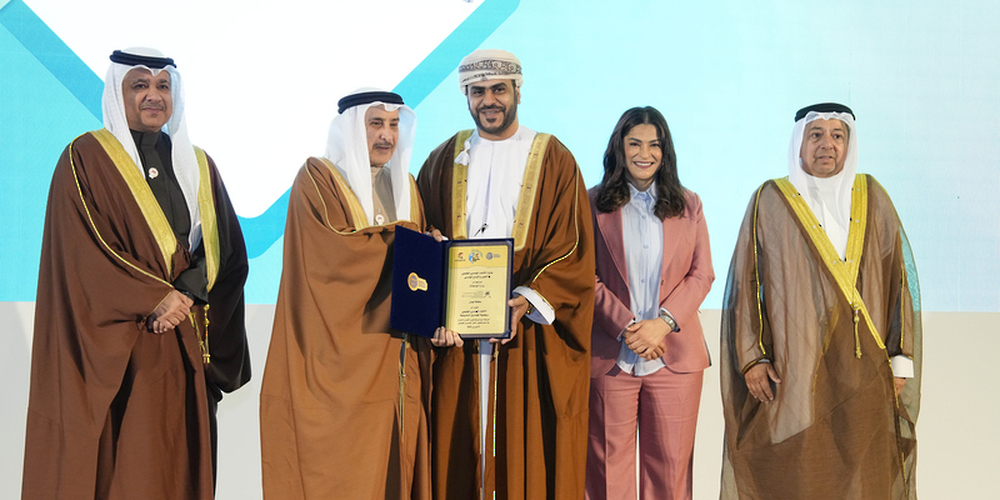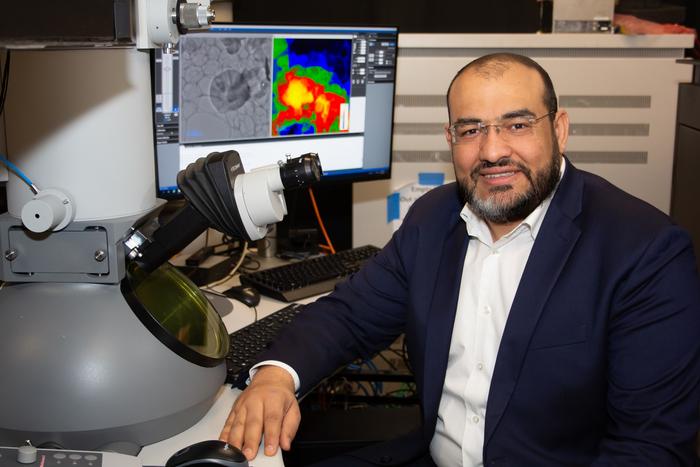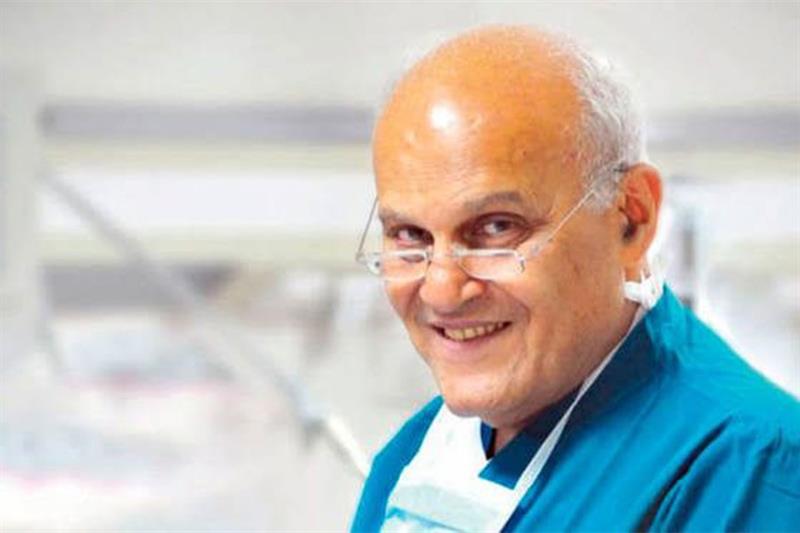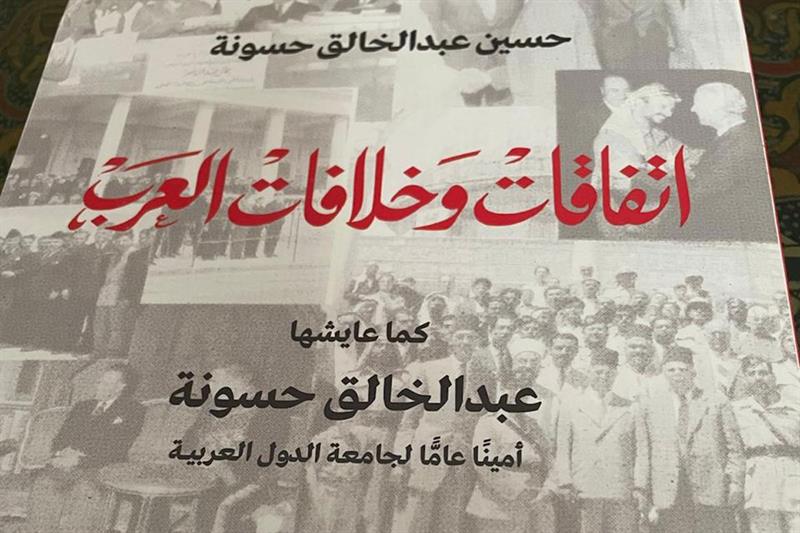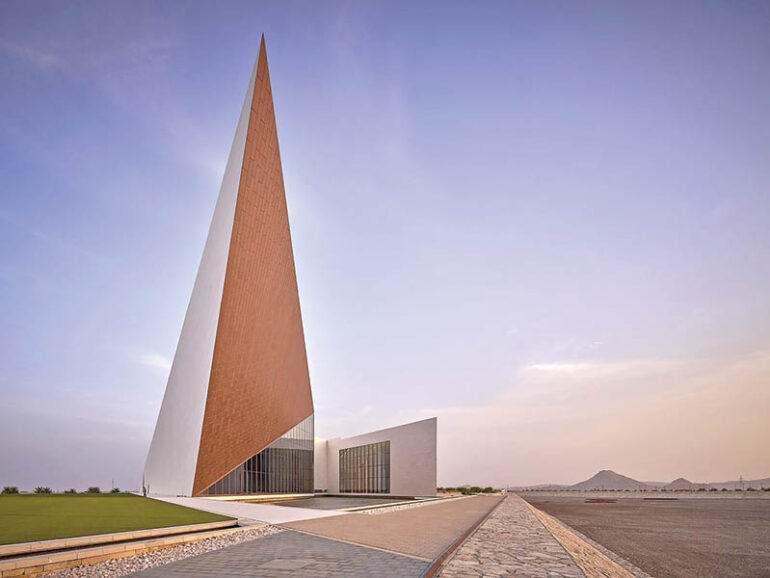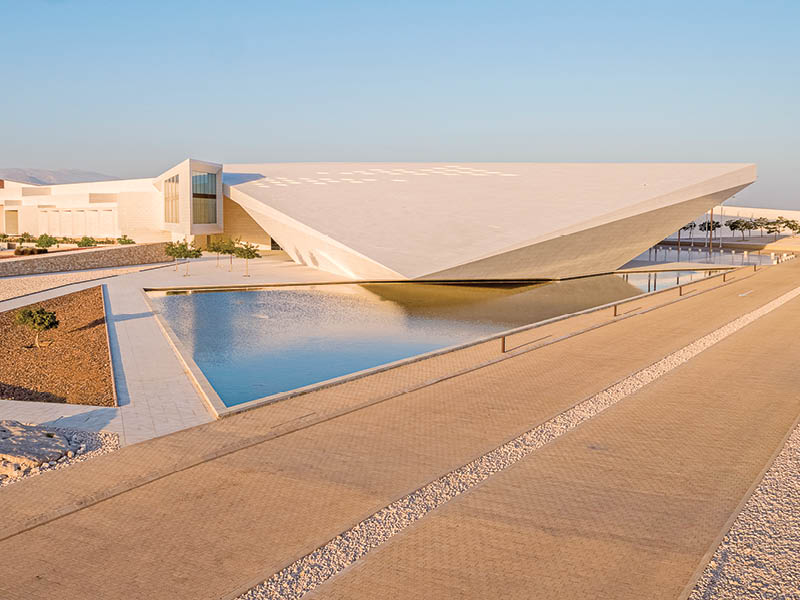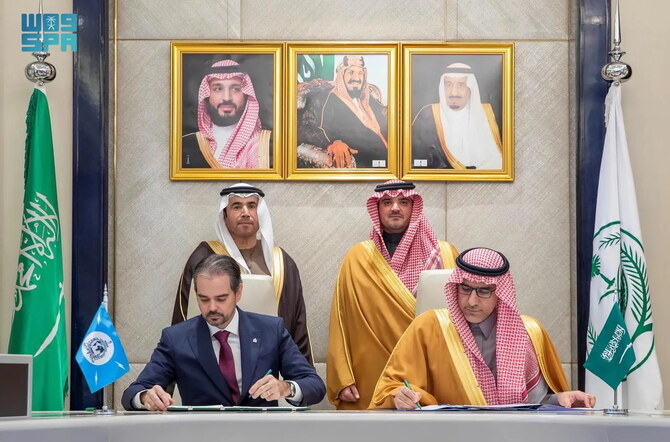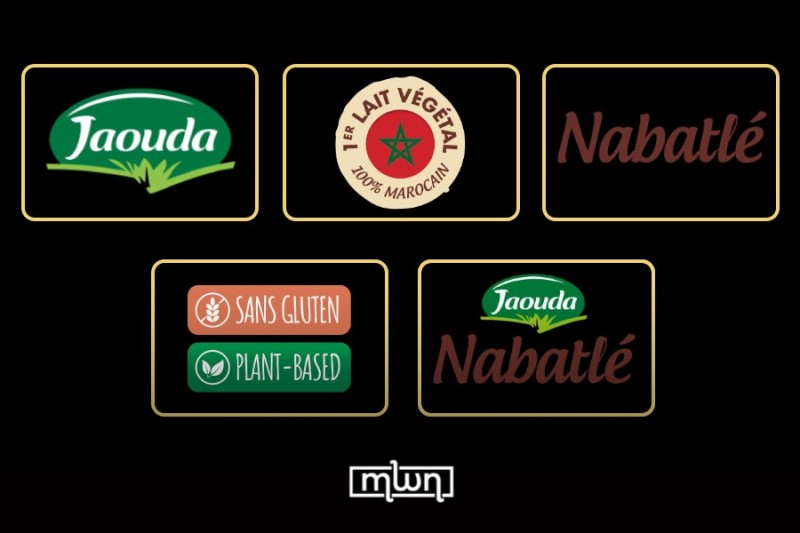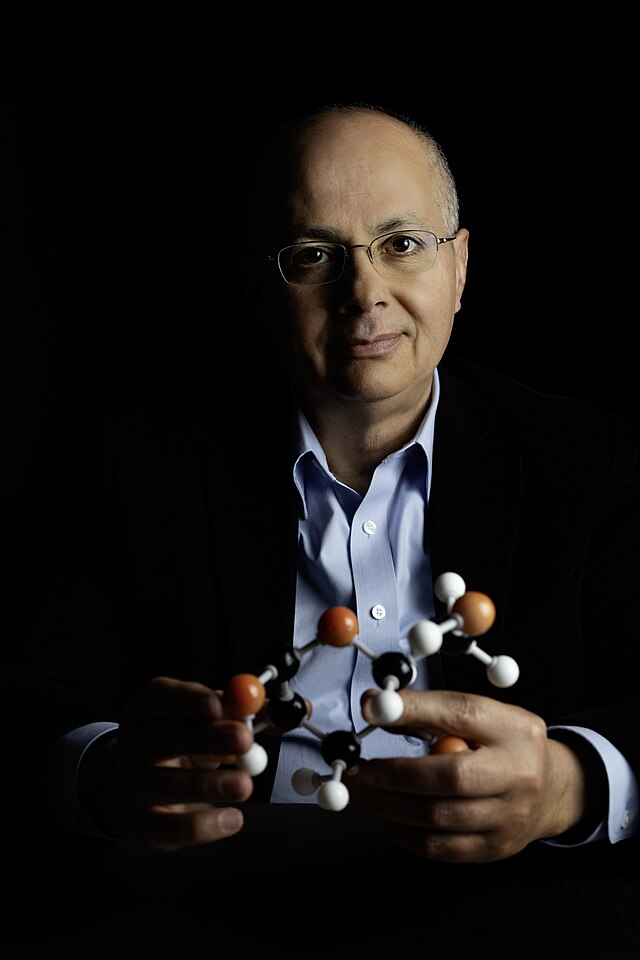Kuwaiti businesswomen have once again earned recognition on Forbes Middle East’s prestigious list of the 100 most powerful female business leaders in the Middle East for 2025.
Forbes Middle East emphasized the significant and ongoing impact these women have across diverse sectors. Their leadership within prominent local and international companies demonstrates their influence in the region’s business landscape.
Shaikha Khaled Al Bahar

- Company: National Bank of Kuwait Group (NBK Group)
- Title: Deputy Group CEO
- Sector: Banking & Financial Services
Ranking 2nd on the list is Shaikha Khaled Al Bahar who assumed her current role in 2014, where she leads the NBK Group in 13 countries. In the first nine months of 2024, the group reported profits of $1.6 billion and had $128.5 billion in assets. In November 2024, it launched the second edition of NBK RISE, to help empower women in leadership. Al Bahar’s board memberships include the board of trustees of the Al-Ojeiri Scientific Center and the Egyptian Kuwaiti Cooperation Council. She is also the vice chairperson of the Turkish Bank in Türkiye.
Wadha Ahmad Al-Khateeb

- Company: Kuwait National Petroleum Company (KNPC)
- Title: CEO
- Sector: Oil & Gas
Ranking 4th on the list is Wadha Ahmad Al-Khateeb who joined KNPC in 1994 and assumed her role as CEO in 2022. KNPC, a wholly owned subsidiary of Kuwait Petroleum Corporation, owns subsidiaries like the Kuwait Aviation Fueling Company and the Kuwait Aromatics Company. It recorded $41.2 billion in revenues for the fiscal year 2023/24 ending March 2024. Wadha Al-Khateeb is also the acting CEO of the Kuwait Integrated Petroleum Industries Company, and vice chairperson of the Gulf Downstream Association. Before her current position, she was the deputy CEO of Mina Abdullah Refinery.
Dana Nasser Al Sabah

- Company: Kuwait Projects Company (Holding) – KIPCO
- Title: Group CEO
- Sector: Diversified
Ranking 5th on the list is Dana Nasser Al Sabah who joined KIPCO in 2004 and has been a board member since 2020. She was appointed group CEO in January 2022. The company generated profits of $205.7 million in the first nine months of 2024 and had $41.6 billion in assets. In April 2024, KIPCO’s subsidiary, the OSN Group, closed a deal to combine OSN+, OSN’s content streaming platform, with Anghami, after acquiring 55.45% of Anghami. Dana Al Sabah is also the founder and chair of the board of trustees of the American University of Kuwait, and the chairperson of the United Education Company, Jordan Kuwait Bank, and the OSN Group.
Nadia Bader Al-Hajji

- Company: Petrochemical Industries Company (PIC)
- Title: CEO
- Sector: Petrochemicals
Ranking 17th on the list is Nadia Bader Al-Hajji who joined PIC, a subsidiary of the Kuwait Petroleum Corporation, in 2019 and assumed her current role in 2022. PIC recorded a net profit of $127 million in the financial year ending March 2024. Al-Hajji is also the chairman of the EQUATE Group and the Kuwait Olefins Company. She is a board member at the Canada Kuwait Petrochemicals Company, and a board member and treasurer at the Gulf Petrochemicals and Chemicals Association. She is also head of the Diversity and Inclusion Council at the Kuwait Petroleum Company and its subsidiaries, among other roles.
Henadi Al-Saleh

- Company: Agility
- Title: Chairperson
- Sector: Logistics
Ranking 22nd on the list is Henadi Al-Saleh who joined Agility in 2007 to lead investor relations, financial planning, and analysis. She was appointed to her current role in 2014. Agility employs over 65,000 people, with a footprint across six continents. In the first nine months of 2024, it generated $3.7 billion in revenues and had $13.3 billion in assets. In January 2024, its subsidiary Menzies Aviation acquired a 50% stake in Jardine Aviation Services Group in Hong Kong. In May 2024, Agility Global was listed on the Abu Dhabi Securities Exchange. Al-Saleh is also a board member at GWC and part of the Global Board of Advisors of the U.S.-based Council on Foreign Relations.
Elham Mahfouz

- Company: Commercial Bank of Kuwait (Al-Tijari)
- Designation: CEO
- Nationality: Egyptian
- Sector: Banking & Financial Services
Ranking 54th on the list is Elham Mahfouz who assumed her current role in 2014. In February 2024, Al-Tijari announced a partnership with Network International to aid its ongoing digital transformation, including fraud detection and prevention, tokenization, and cardholder self-serve application. In the first nine months of 2024, the bank had $15.2 billion in assets and recorded net profits of $290.6 million. Mahfouz has held multiple senior executive positions at Al-Tijari since joining the bank in 2000, including general manager in its New York branch.
Donna Sultan

- Company: KEO International Consultants
- Designation: President & CEO
- Sector: Architecture
Ranking 58th on the list is Donna Sultan who has been at KEO since 1985, becoming CEO in 1991, then eventually president and CEO in 2016. The company launched OPTIMA, a facility management consultancy, in October 2024, and inaugurated its Jordan office in September 2024. In June 2024, the Kuwait Center for Nephrology and Kidney Transplant, which KEO International Consultants designed, became operational.
source/content: arabtimes.com (headline edited)
____________

____________
KUWAIT
